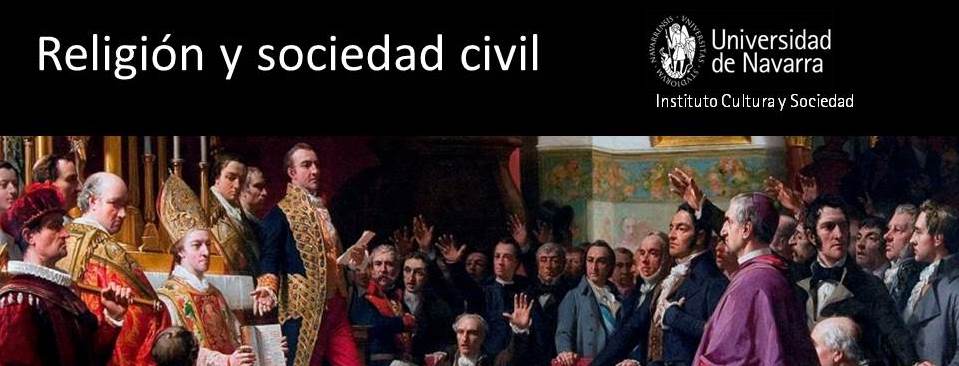Una historia de Rialp, desde la postguerra hasta nuestros días
El próximo 2 de marzo sale a la venta el último libro de la Prof. Mercedes Montero, Historia de Ediciones Rialp: Orígenes y contexto, aciertos y errores, publicado por la misma editorial objeto de estudio. El libro recoge la historia de una de las editoriales más antiguas de España, todavía independiente. Relata la génesis de la empresa desde los difíciles años cuarenta, descubre a su
antecesora -Editorial Minerva- y llega hasta nuestros días, en el marco del complicado panorama del libro en un panorama “ tech” y globalizado. Ediciones Rialp fue consolidándose en poesía (colección y premio Adonais para jóvenes poetas), humanidades, ensayo y espiritualidad (con Patmos). Las dificultades no faltaron en ningún momento de su vida: tensiones con Iglesia y Estado, dificultades económicas, censura y falta de medios técnicos, todo ello en un contexto de dictadura. Llegaron enseguida los premios, cambiaron los tiempos con la democracia y se impusieron novedades editoriales como las enciclopedias o los coleccionables. La supervivencia no fue fácil pero en la actualidad sigue su camino con una personalidad bien consolidada y contribuyendo a construir el entramado cultural de nuestra sociedad.
Mercedes Montero es licenciada y doctora tanto en Comunicación como en Historia, por la Universidad de Navarra, donde es profesora titular de Periodismo. Especialista en historia de la comunicación y de las mujeres, entre sus publicaciones se cuentan Historia de la ANC d P: la construcción del Estado confesional (1936-1941) (Eunsa), Cultura y comunicación al servicio de un régimen: Historia de la ACN de P entre 1945 y 1959 (Eunsa), La conquista del espacio público: Mujeres españolas en la universidad (1910-1936) (Minerva) y En vanguardia: Guadalupe Ortiz de Landázuri (1916-1975) (Rialp). La Prof. Montero es colaboradora interna del grupo "Religión y sociedad civil" del ICS.
Rafael Escobedo
Colaborador interno ICS

